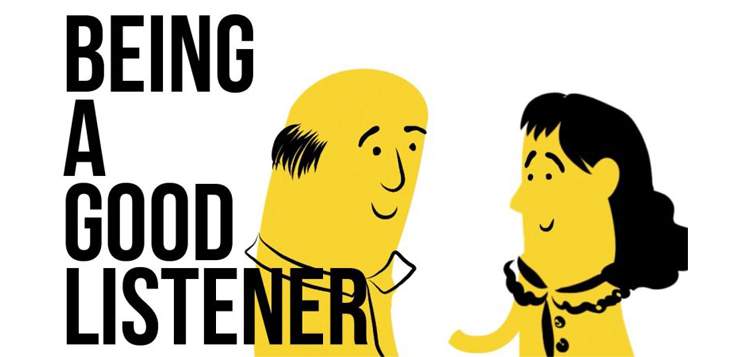Imagine that you’ve embarked on a quest to be more grateful. You dutifully journal about the happy events in your day, training your mind to see the positives. You notice and begin to appreciate all the little things your partner does for you, from brewing your morning coffee to letting you pick what movie to watch. This can only be good for your relationship, right?
According to a new study, it depends—on whether your partner is grateful, too.
While gratitude has been shown to be a boon for individuals—making you happier, healthier, and more successful—less is known about how gratitude works in relationships, where personalities and habits collide to create complex, dynamic interactions.
How Practicing Gratitude Helps Relationships
To go deeper into whether gratitude helps relationships, Florida State University psychologist James K. McNulty and his coauthor Alexander Dugas recruited 120 newlywed couples to fill out surveys. Initially, they reported how happy and satisfied they were with their marriage and their partner, and how much gratitude they felt and expressed for their partner and the nice things they did. They repeated the gratitude survey a year later and the marriage survey every four months for three years.
That gave researchers a snapshot of how each partner’s gratitude and marital satisfaction changed over time. And they found that spouses heavily influenced each other.
“High gratitude is not a panacea that will make everyone happy with everything all the time,” says McNulty.
If your mate is low in gratitude, the results suggest, you seem to miss out on some of the benefits of being a grateful person yourself. More grateful people started out more satisfied with their marriages and were more satisfied three years in—but only if their partner was high in gratitude, too. Marital satisfaction naturally declined in couples over time, but it declined even more steeply for grateful people wedded to ungrateful ones.
In extreme cases, when their partner showed very little gratitude, being more grateful actually seemed to hurt their romantic happiness.
This worked the other way around, too. Grateful partners typically make our lives better, but we might not benefit as much if we’re not also grateful. People with more grateful partners tended to start out more satisfied with their marriages and still be more satisfied three years later—but only if they were high in gratitude. A grateful partner helped stave off the natural declines in people’s marital satisfaction over time—but, again, only for the highly grateful. When people were extremely ungrateful, their partner’s thankfulness seemed to backfire. The researchers write:
“Interpersonal vulnerabilities in even one member of a couple, perhaps particularly those that manifest as low adherence to communal norms, are sufficient to disrupt relationship satisfaction for both members, making each partner a potential weak link in the relational bond. . . . Even in relationships, bad may be stronger than good.”
Not only are ungrateful partners missing out on genuine moments of positivity and connection, but their other halves may be less willing to contribute to the couple if their efforts aren’t recognized.
If you’ve ever hoped for a little more appreciation from your significant other, you can imagine how this dynamic works. Not only are ungrateful partners missing out on genuine moments of positivity and connection, but their other halves may be less willing to contribute to the couple if their efforts aren’t recognized. Feelings of unfairness and even resentment may ensue.
Surprisingly, the study suggested that two less grateful partners might be happier together than partners with mismatched levels of gratitude. “I suspect that the mismatch is troubling for the same reasons other mismatches in personality can be troubling—the two partners just aren’t on the same page in terms of how to treat one another,” says McNulty.
Does that mean we should blame our partners for all our relationship woes, or coerce them into saying “thank you” more?
Not necessarily. This is a single study, and it measured gratitude in a specific way, points out relationship well-being researcher Amie Gordon: asking people about their own appreciation, not asking the other partner how appreciated they actually felt. Different ways of measuring gratitude may yield different results—including a situation where our own expressions of thanks can rub off on our partner, making them more grateful in turn.
Plus, gratitude is only one piece of the relationship puzzle—and practicing gratitude has lots of other benefits to our lives. At the end of the day, for many of us, it probably helps to try to see the good in the person we love.
This article was adapted from Greater Good, the online magazine of UC Berkeley’s Greater Good Science Center, one of Mindful’s partners. View the original article.








